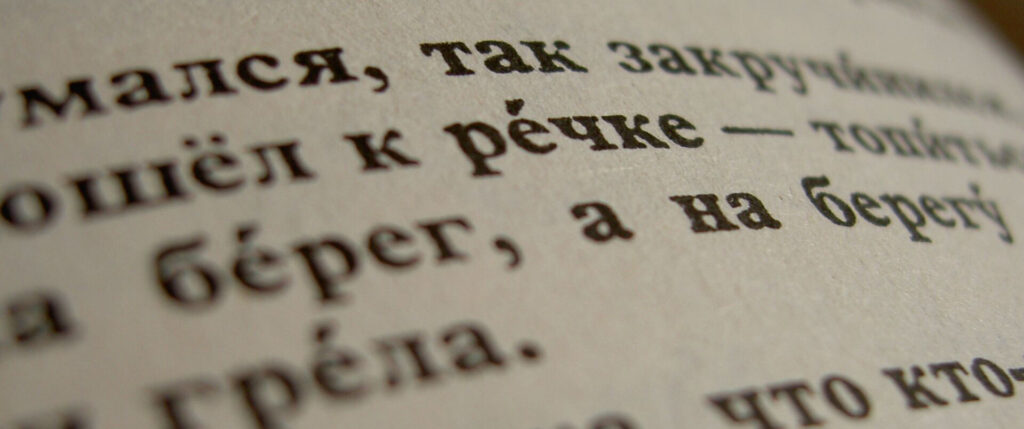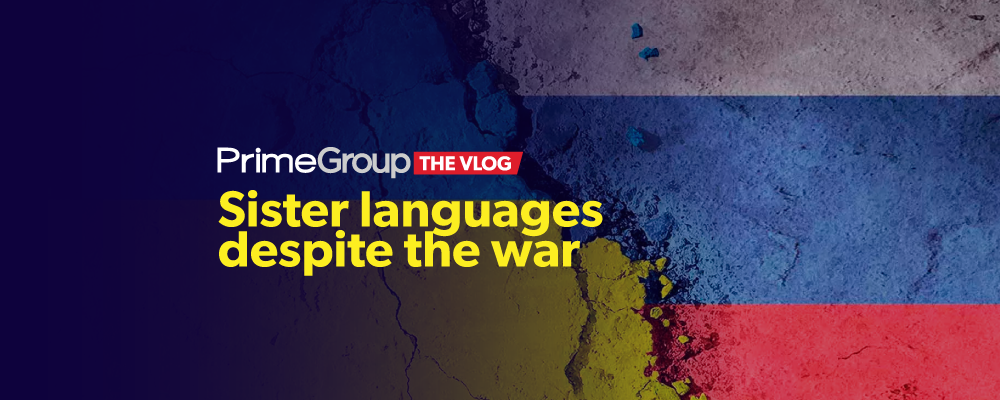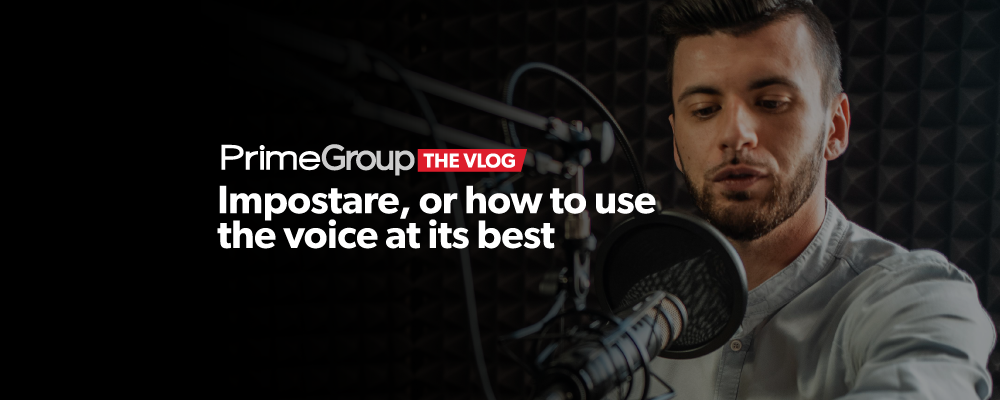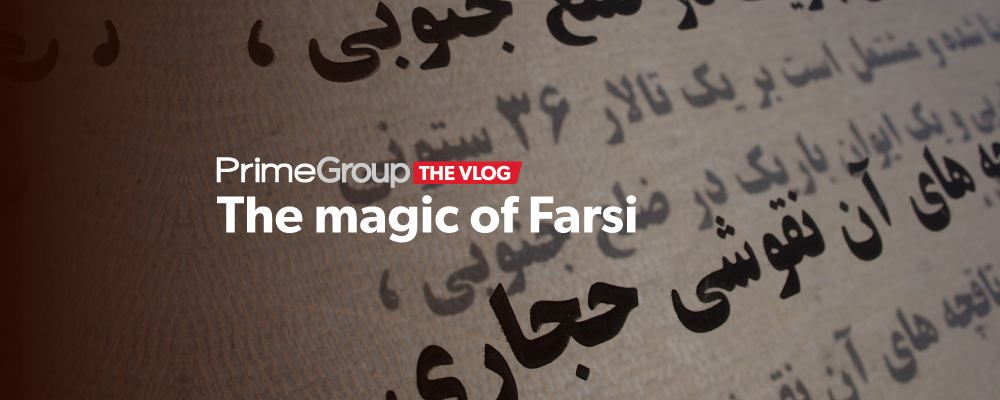In the vast tapestry of the world’s languages, Russian and Ukrainian stand out as two closely intertwined threads. With their roots sunk in Slavic soil, these two languages tell us a story of first cousins separated by politics and distance, and now sadly by war. Well, let’s see that this terrible conflict will not be able to erase an undeniable reality: that Russian and Ukrainian have more things in common than real differences.
Imagine two children growing up in the same neighborhood. They share games, secret words and even lullabies, but over time, each one develops their own jokes and stories. This is how Russian and Ukrainian have evolved over the centuries.

Russian, that giant of the Slavic family, boasts of being a world language with almost 260 million speakers, heard from the frozen Siberian steppes to the halls of the UN. Russian is the language of the tsars, of cosmonauts and of literary classics such as Dostoyevsky or Tolstoy that have fascinated generations of readers around the world.
On the other hand, Ukrainian, with its melodious cadence that has earned it the nickname “the language of nightingales”, because its phonetics have clear influences from its Polish and Lithuanian neighbors. It is the echo of a country that has fought to preserve its identity, a language that flourishes again after years of being silenced.
If we look at their alphabets, we will see a game of mirrors with some differences. Ukrainian proudly displays letters that Russian does not know, as if displaying a unique medal of its culture. And while in Russian the “г” roars like a lion, in Ukrainian it whispers like a cat with an “h.”
But not everything is so different. Both languages lend each other words like neighbors who share ingredients for a family recipe. Russian is seasoned with hints of French and German, while Ukrainian is seasoned, as we said, with Polish spices and a touch of Lithuanian.
Here’s the funny thing: although each has its own twists and turns of phrase, both languages are almost twins. Communication is not perfect, but the common roots are so strong that understanding flows with a little effort.
And what about their celebrations? Russia honors its language on Pushkin Day, the local Shakespeare, while Ukraine waves its linguistic flag every November 9. They are festivals of words, poetry and pride.
We could say that the current conflict between Russia and Ukraine is a tragic and bloody fight between brothers in the middle of a family reunion that has gotten out of control and spurred on by outsiders. War, that absurd monster, forgets that these two peoples share more than a disputed border: they share a historical and cultural heritage that unites them beyond the politics of the moment. Let’s get down to the nitty-gritty of these two languages, which are so close that they could be considered two variants or dialects of a common stock. Ukrainian and Russian understand each other perfectly, they are not separated by any language barrier.
In Ukraine, the official language is Ukrainian, although Russian is widely spoken in the east and south of the country, precisely the areas disputed in the war between the two countries. It must be said that the majority of Ukrainian speakers speak Russian as a second language. According to the 2001 census, two thirds of the population have Ukrainian as their native language, while 30% declare that their language is Russian.
In short, in this family of languages, Russian and Ukrainian sit at the table like brothers with different personalities, but with a common family tree. It is a reminder that, beyond the current tensions, there is a shared legacy that speaks of unity and understanding. And perhaps, as in the best family stories, there is hope for reconciliation in the final chapter.
Now it’s your turn. What do you think about these two closely related languages, now separated by politics and war? Leave your comments below.



